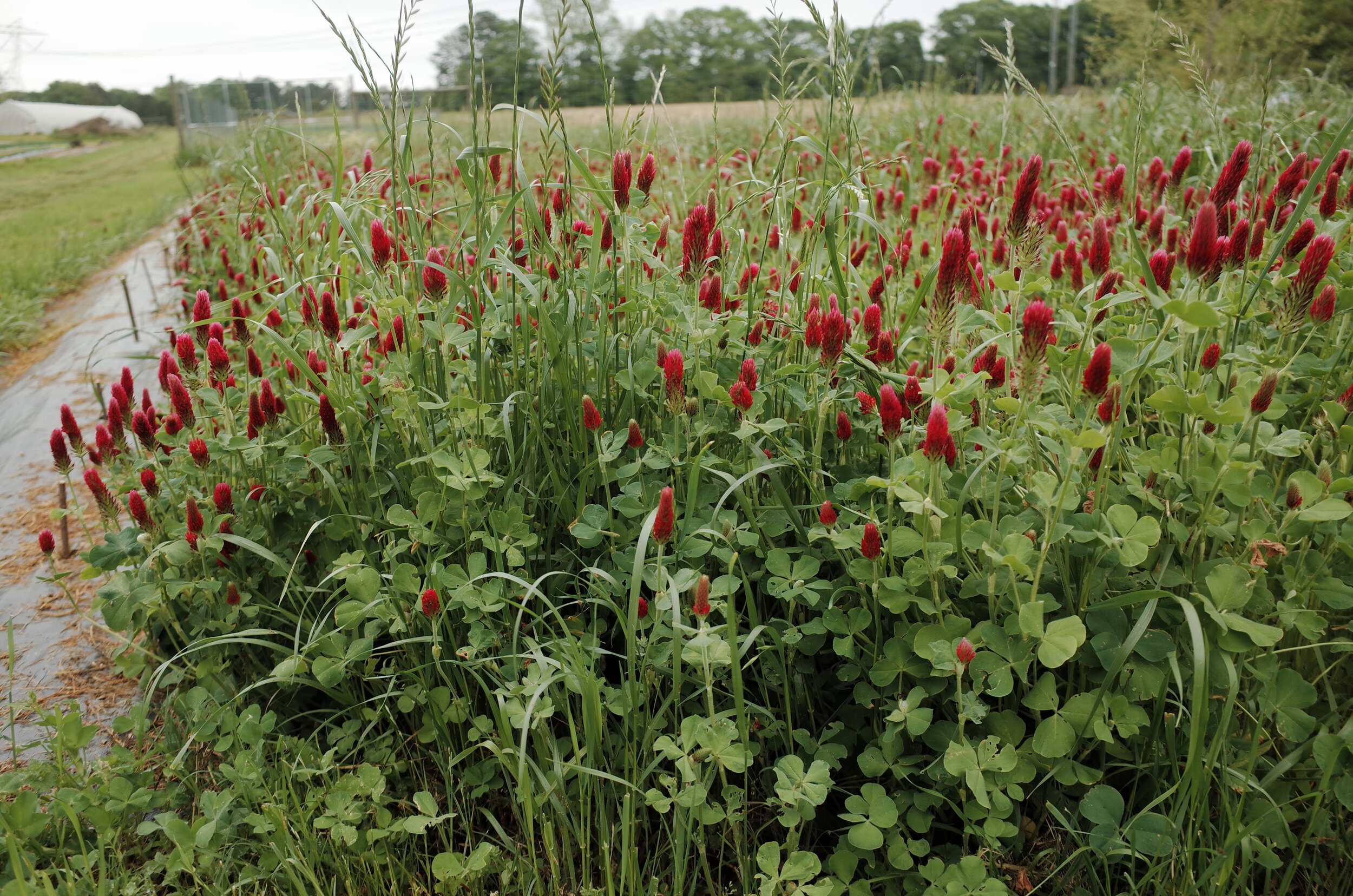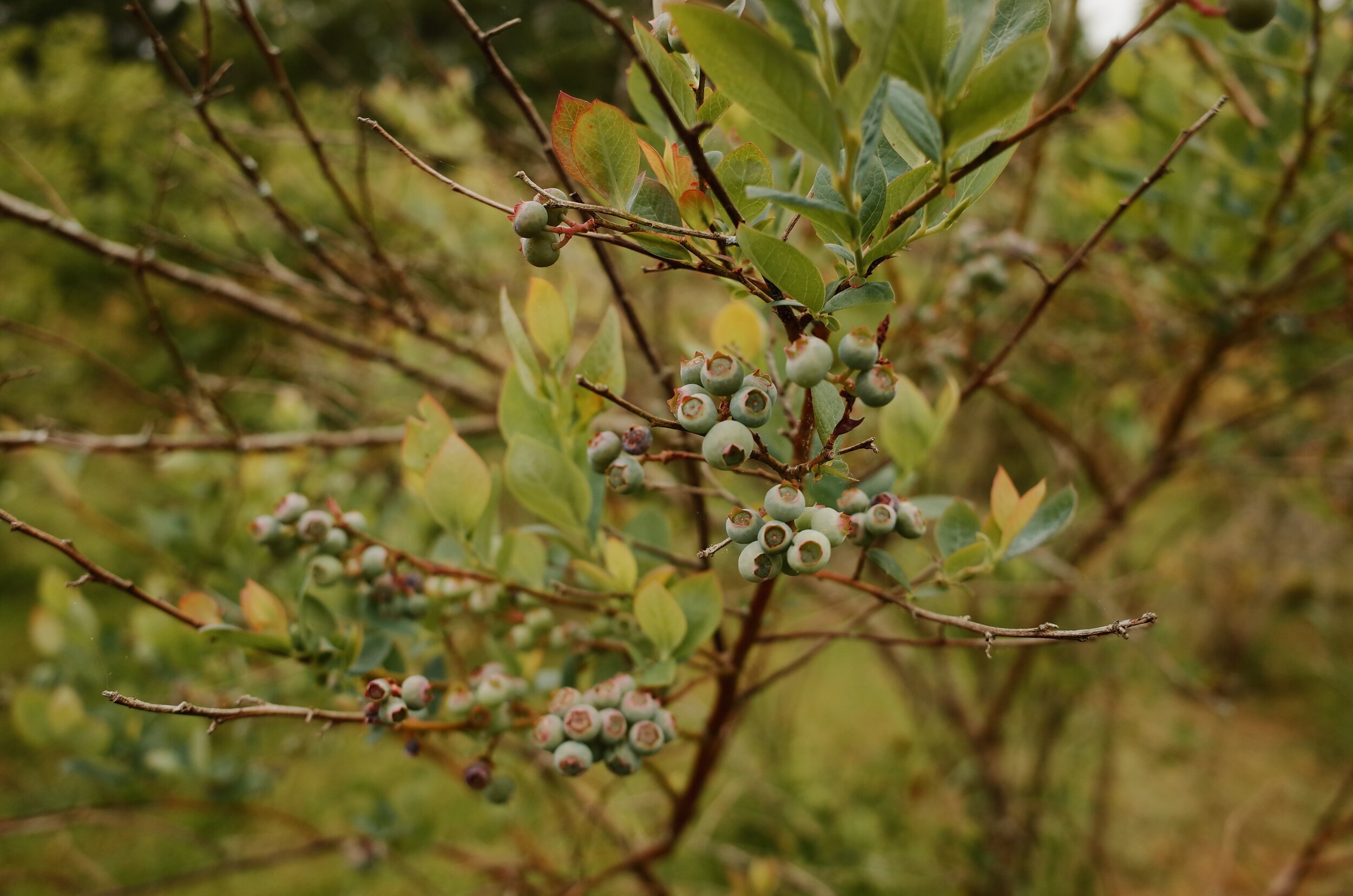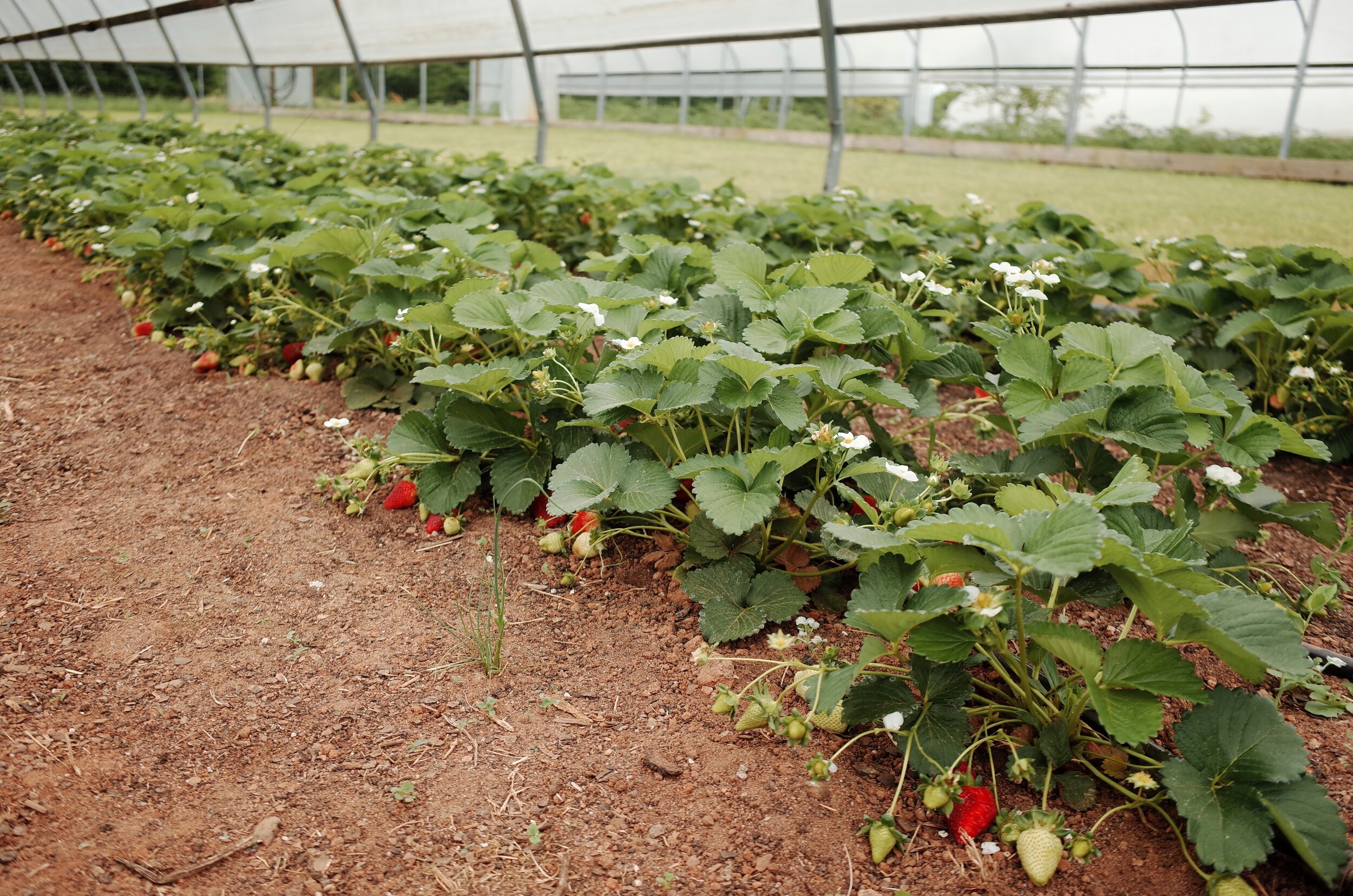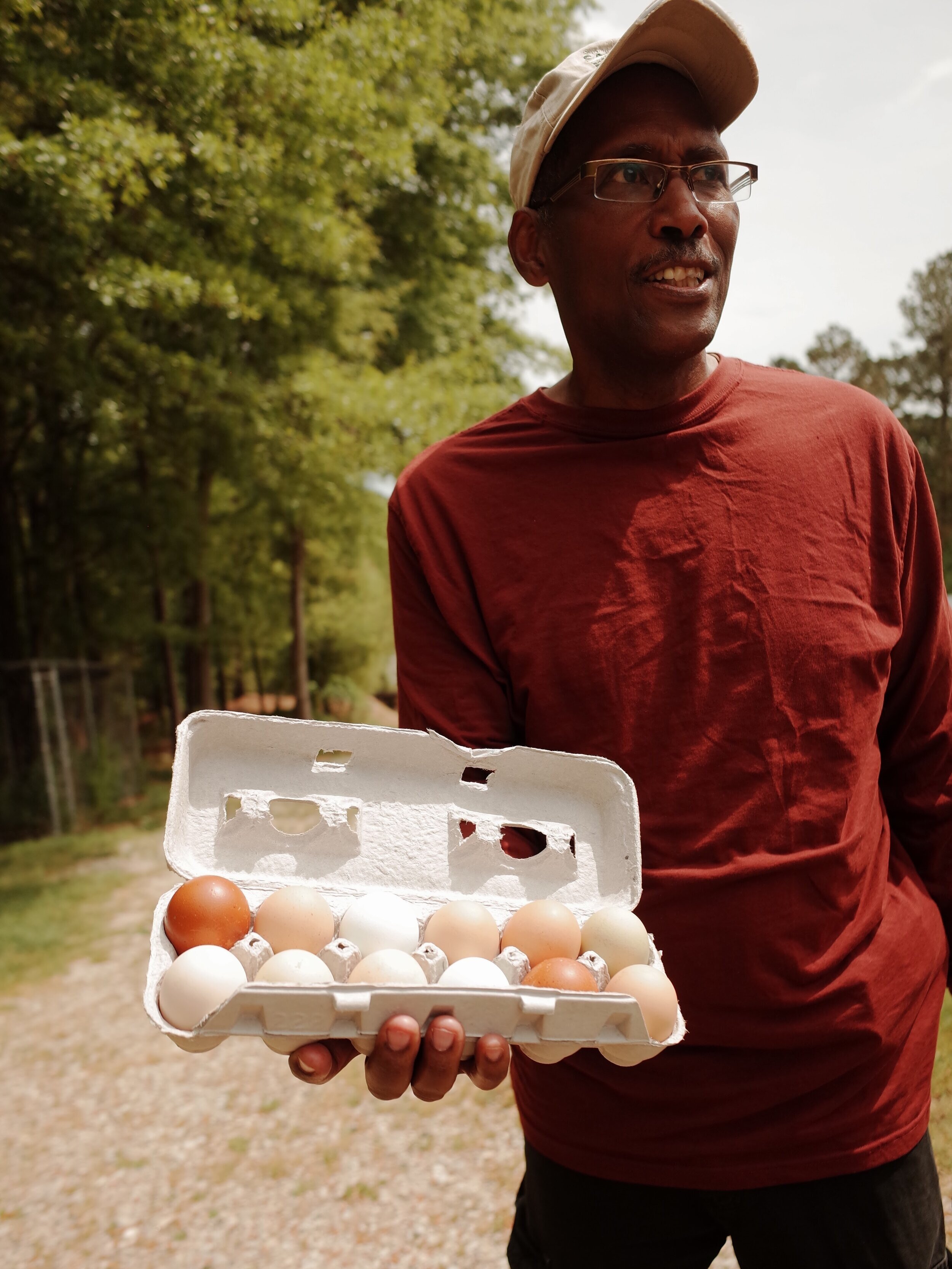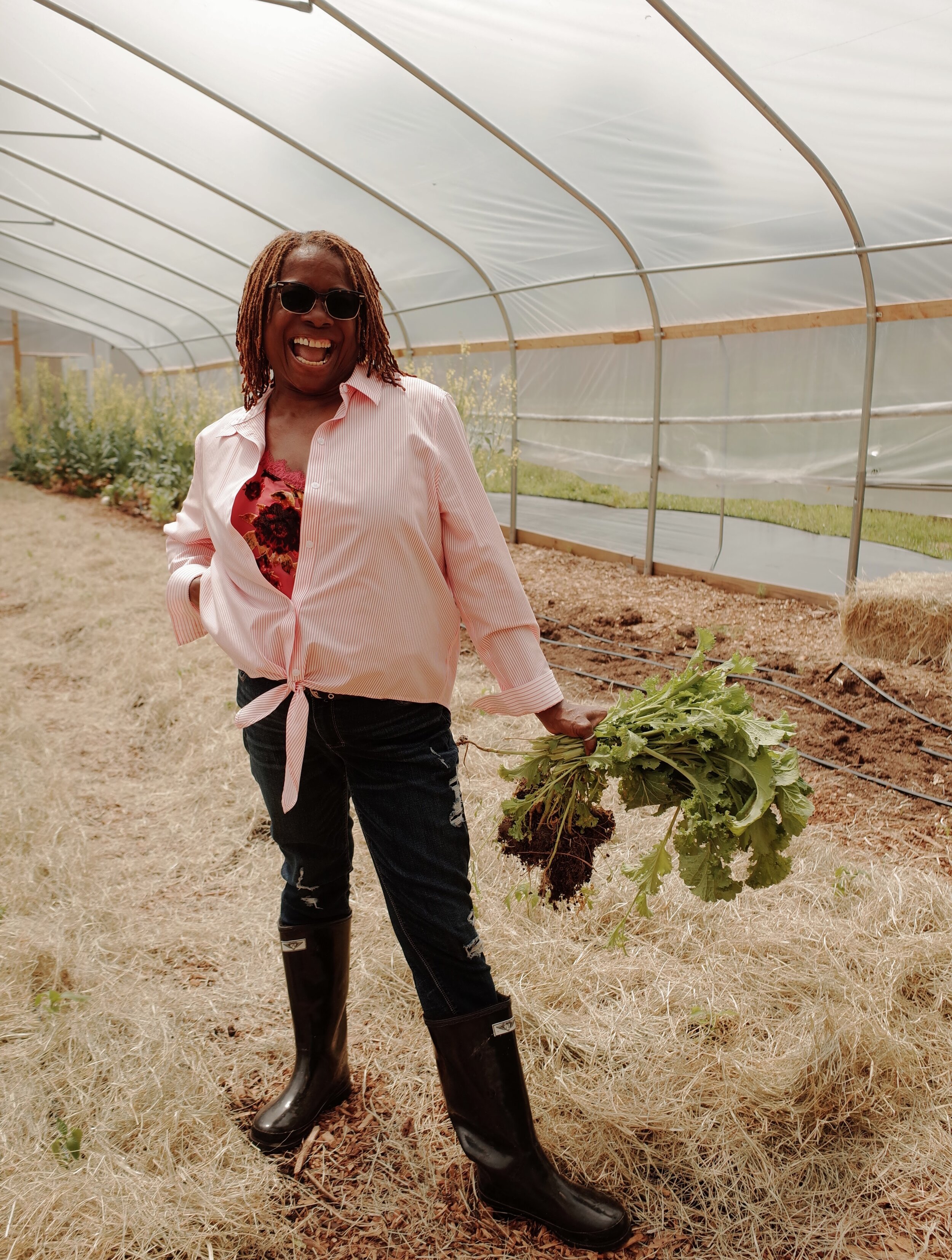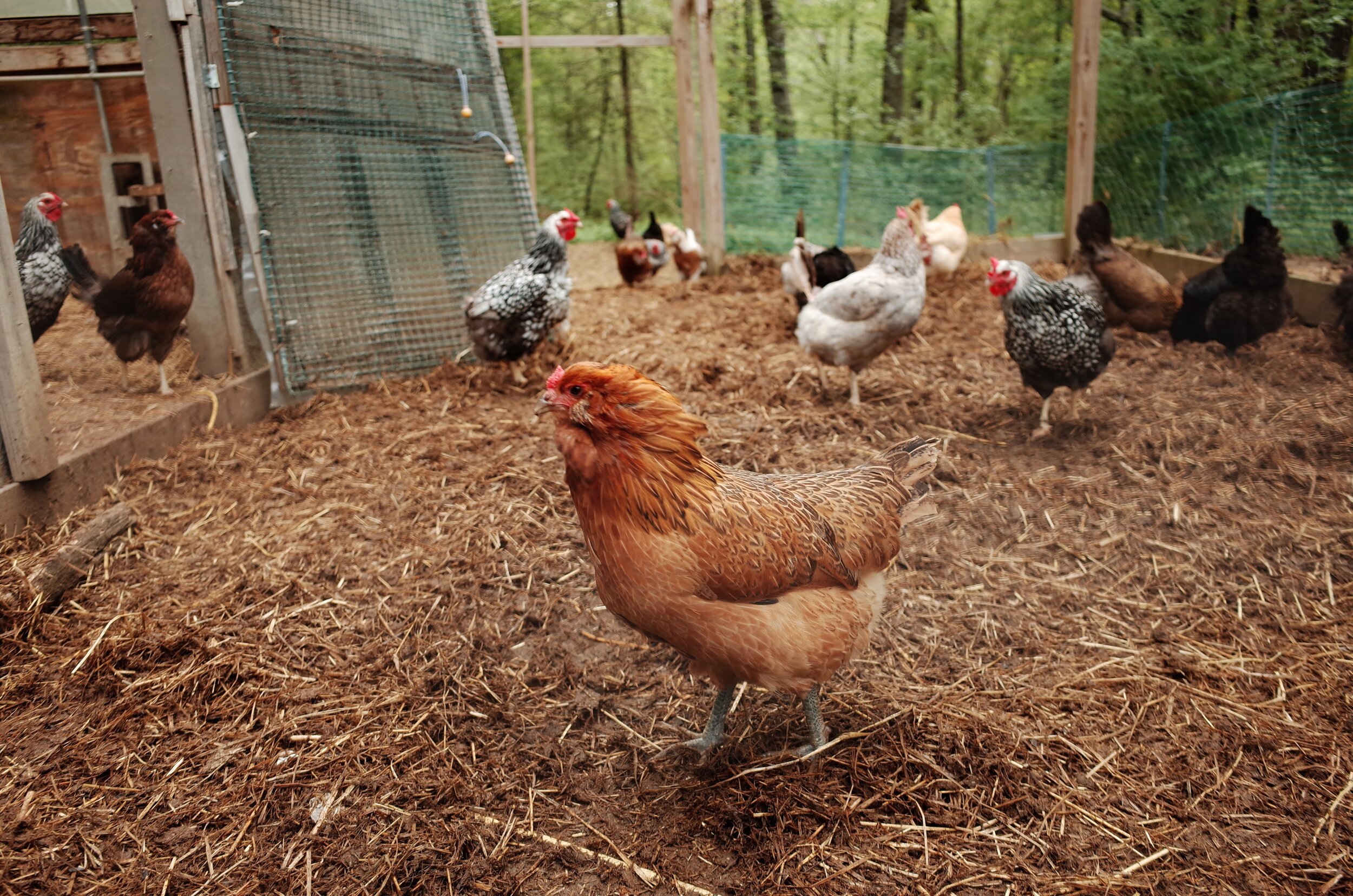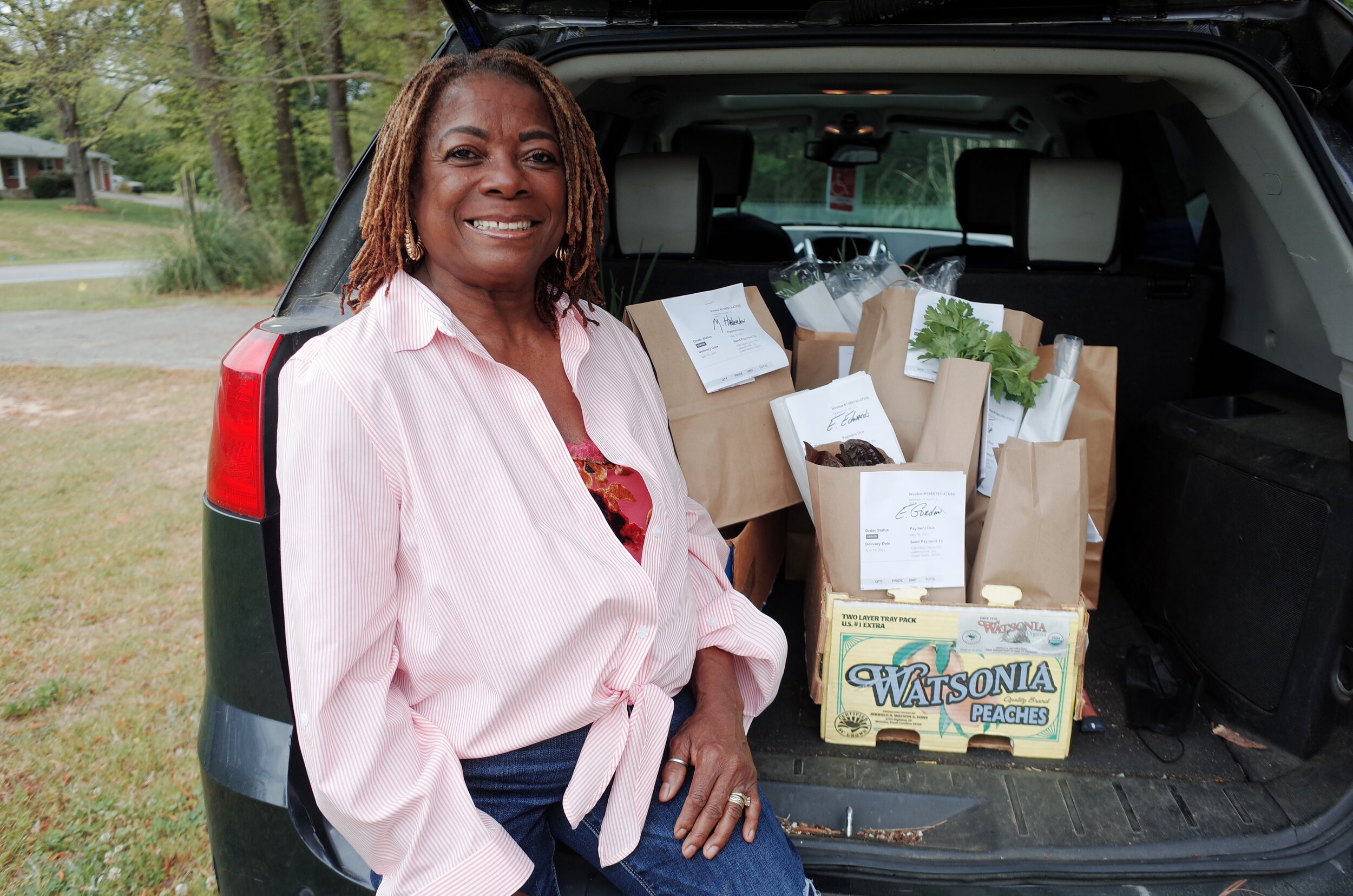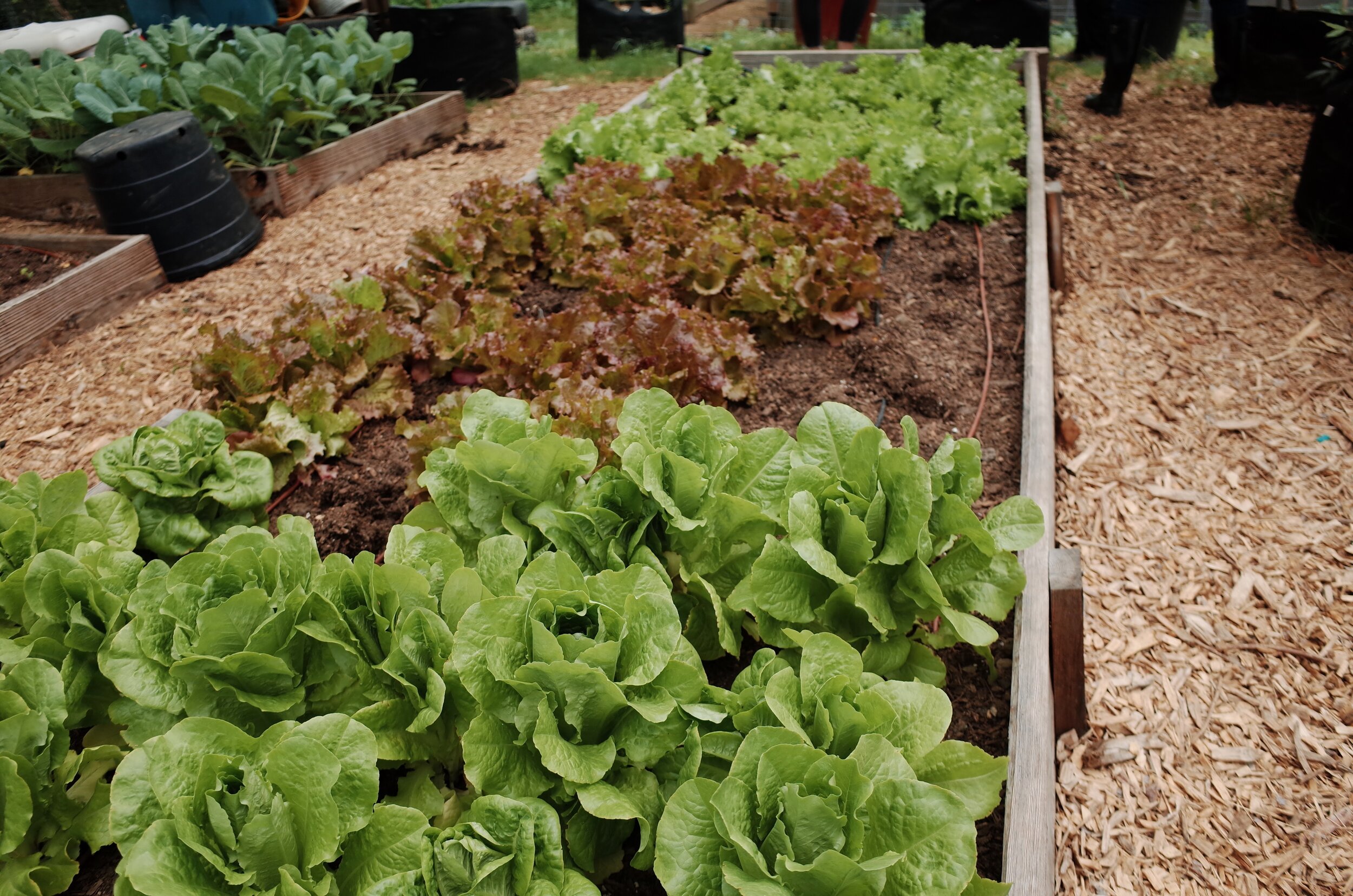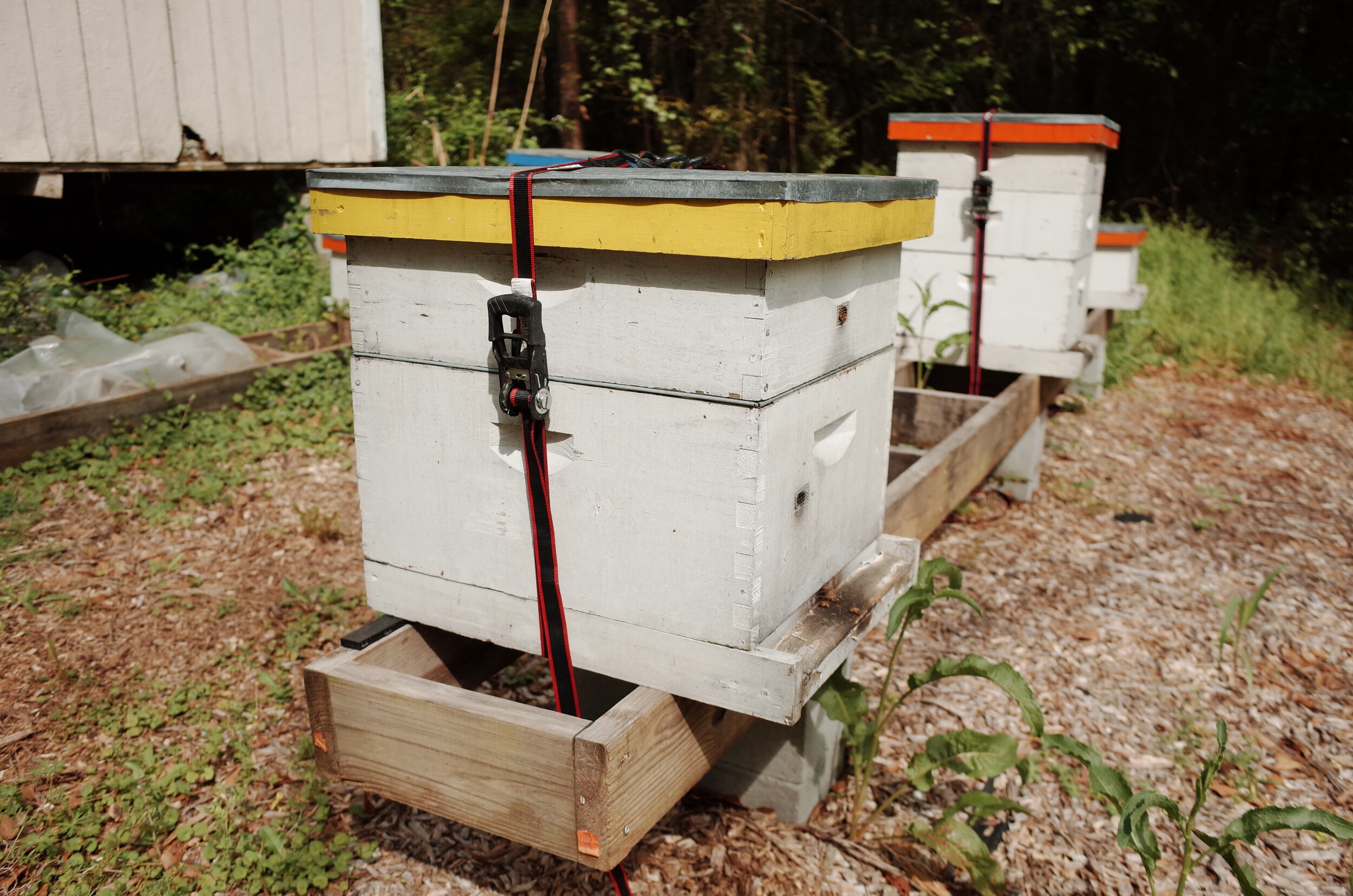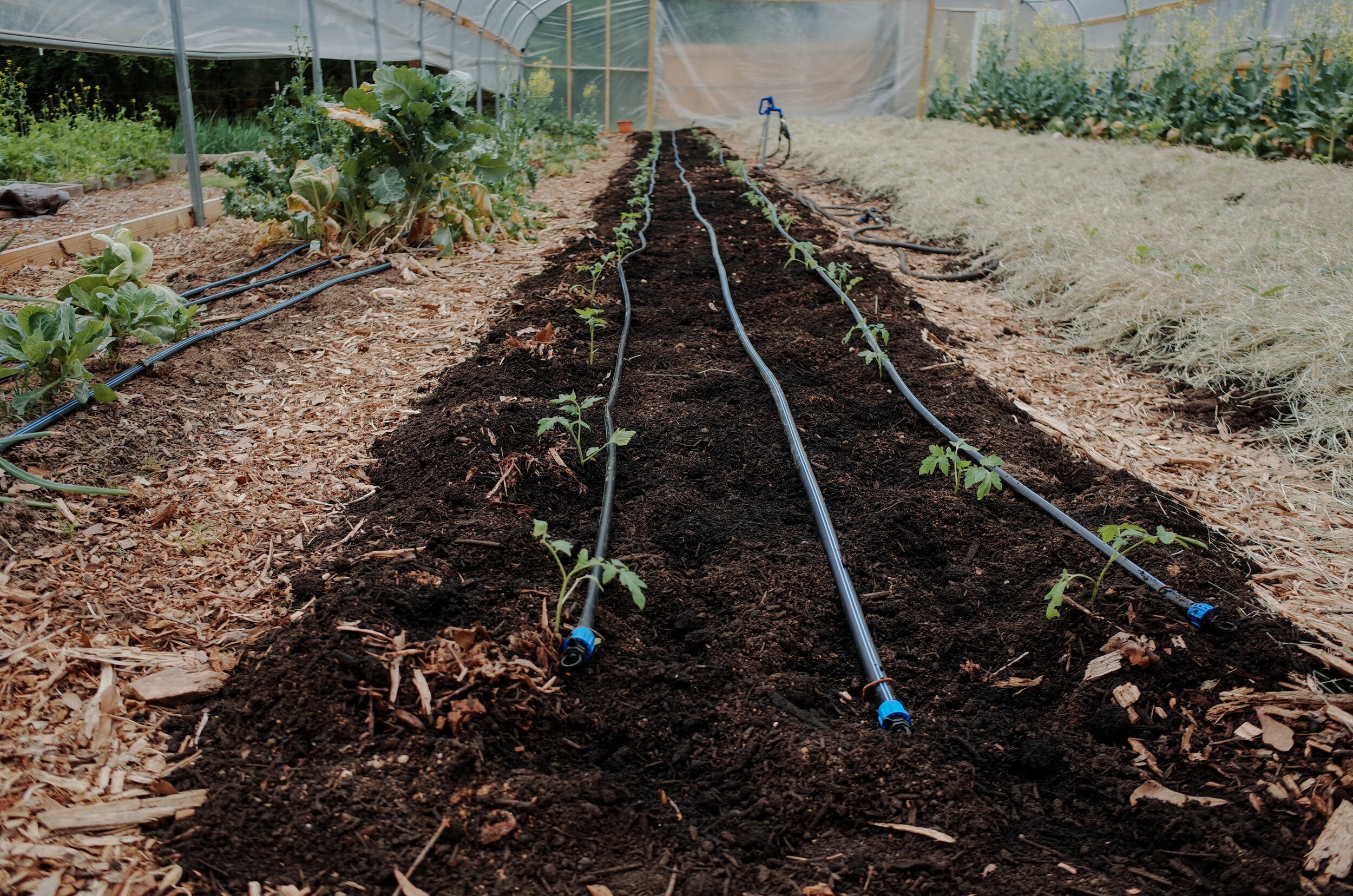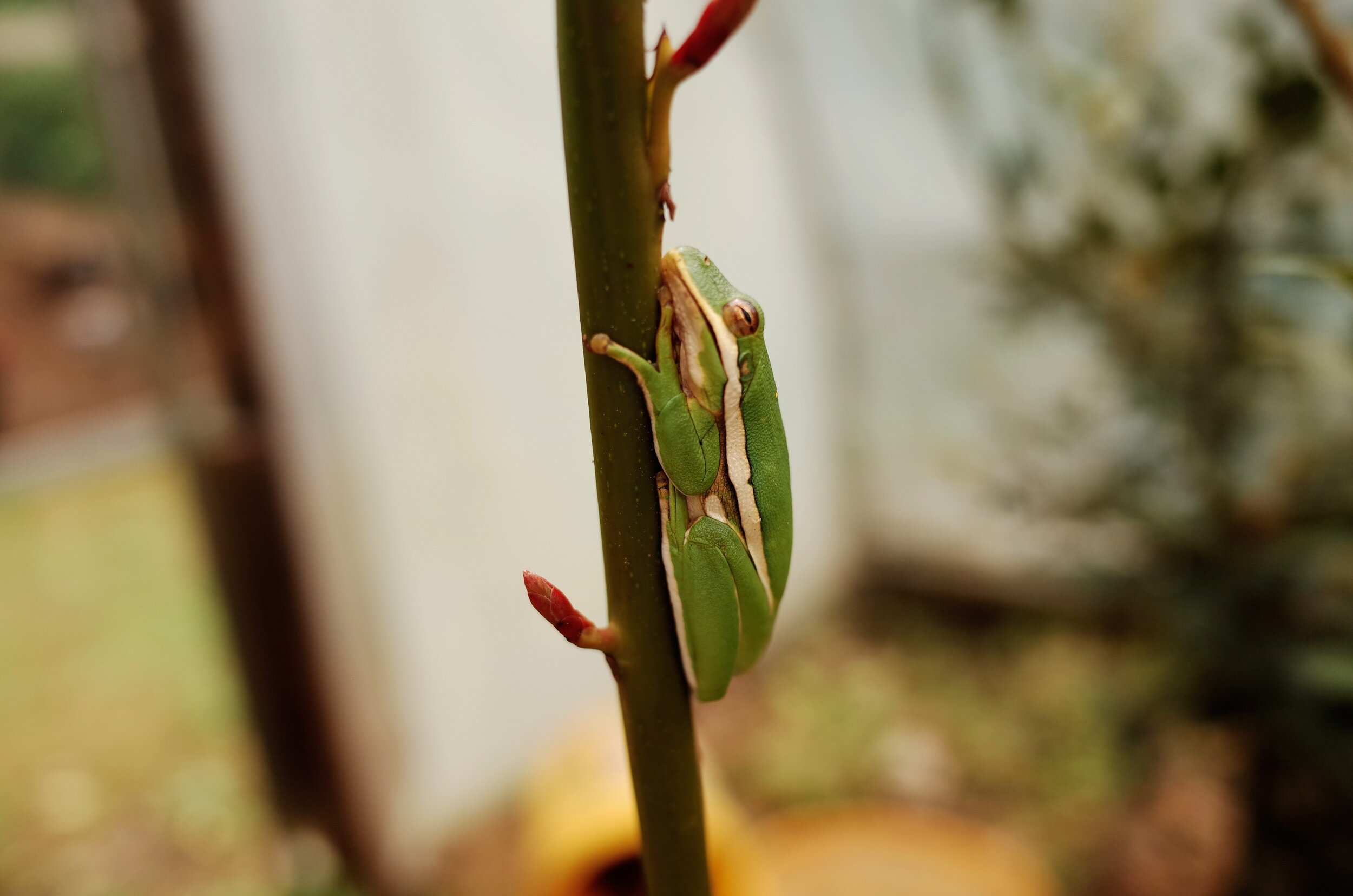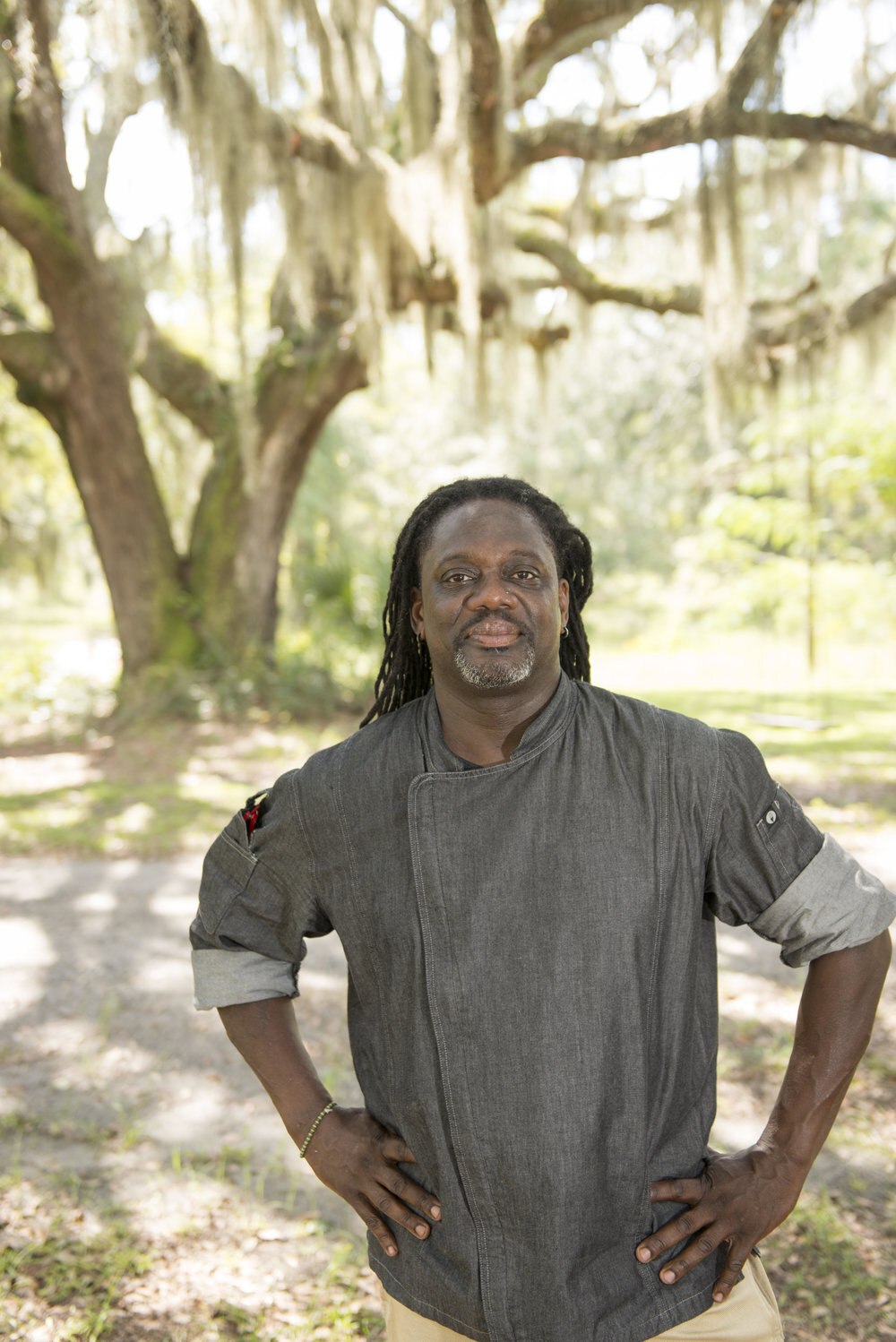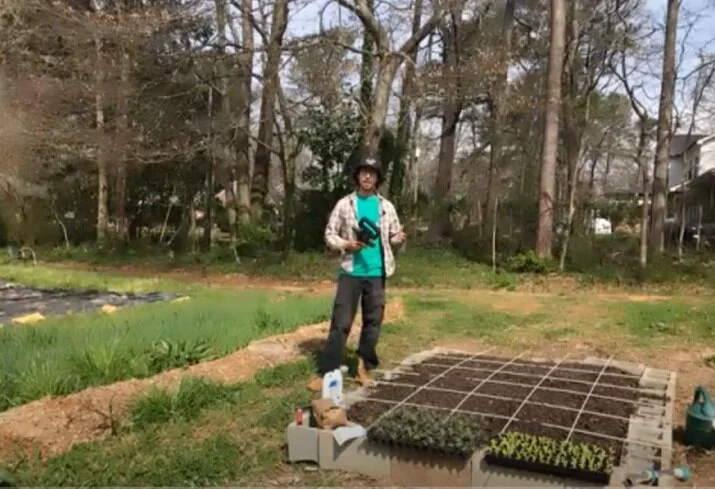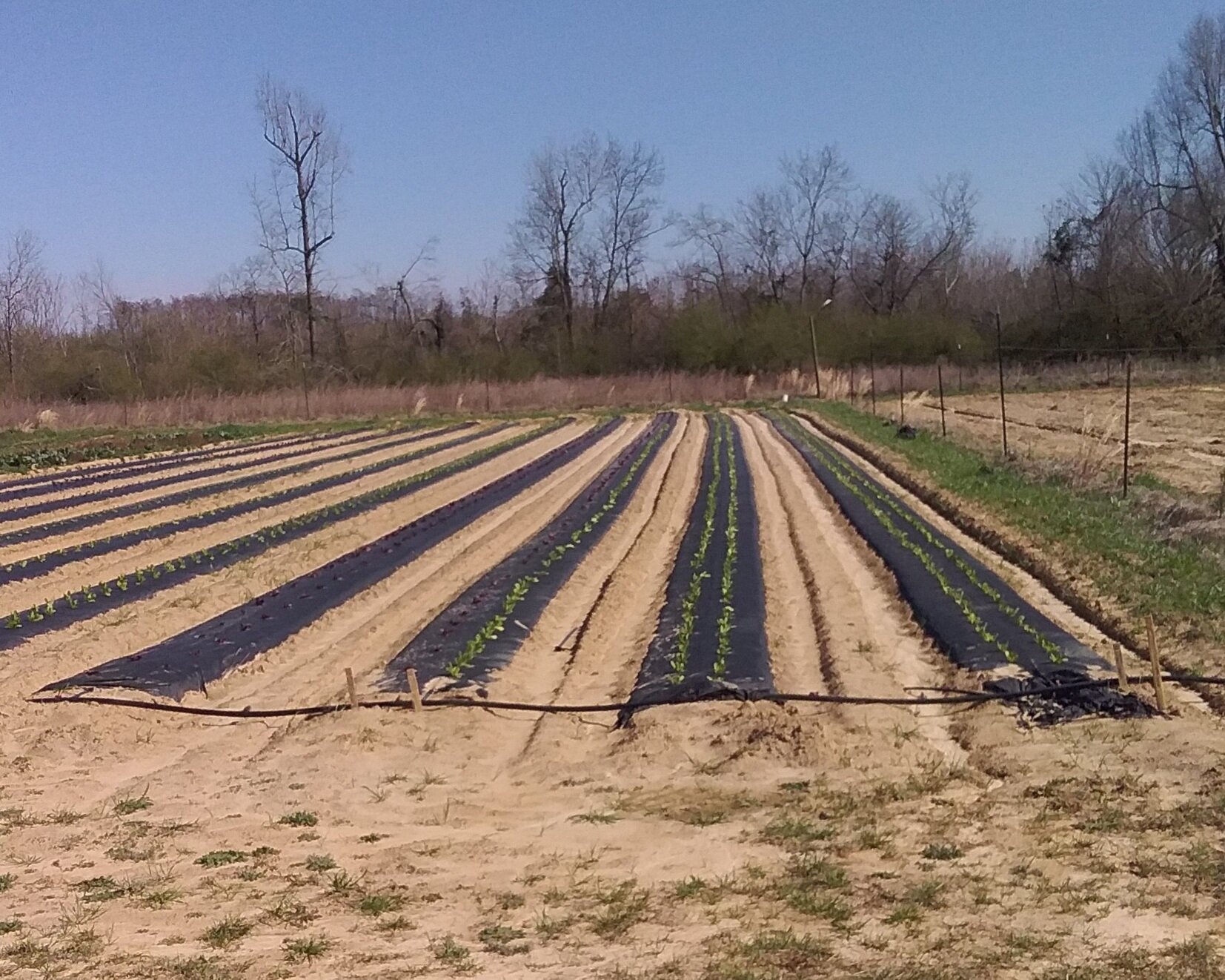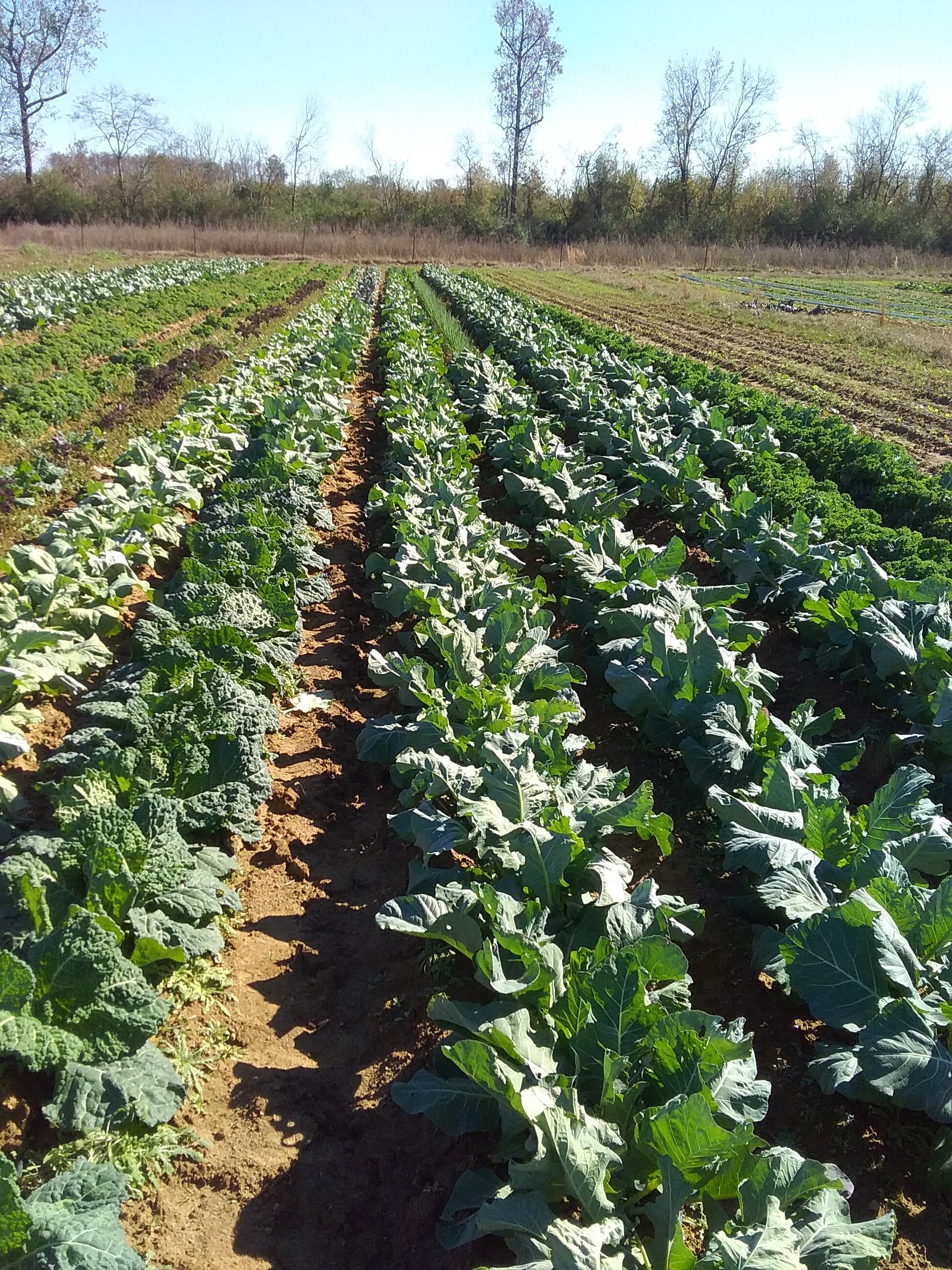Written by Lauren Cox and Kayla Williams
When Georgia Organics created the Farm to Restaurant program in 2019 our goal was to connect farmers to chefs as a way to move product. Although we knew there were restaurants doing this type of sourcing, we quickly (and happily!) discovered that many more chefs and farmers already had these deep connections. Our goal, afterward, became two-fold: to continue introducing farmers to chefs while simultaneously highlighting the incredible relationships that already exist within the Georgia food community. From this idea came the Farmer Champion campaign and the decals you’ll start to see popping up on restaurant windows around the state.
After two years of working with over 20 restaurants in the program, we’re excited to award the Top 3 restaurants in two categories: Local and Organic Spend, for going above and beyond in their sourcing from Georgia farmers. Lauren Cox (LC), Organic Procurement Coordinator and manager of the Farmer Champion campaign, chatted with the 2021 Farmer Champion winners: Chris Wilkins (CW) of Root Baking Company, Steven Satterfield (SS) of Miller Union, and Stevenson Rosslow (SR) of Wrecking Bar Brewpub about all things Farm to Restaurant, the Farmer Champion campaign, and what it’s like to source locally. Read their conversation below.
To learn more about the Farmer Champion campaign, view our 2021 restaurant partners, and watch our Farmer Champion celebration video with these 2020 Farmer Champion award winners, click below!
Lauren Cox: Congratulations on being named one of the Top 3 Farmer Champion restaurants in Georgia! That means you sourced the highest percentage of total food costs with either local producers or organic and local producers.
How do you feel knowing that as a restaurant/bakery you are leading the way in this type of sourcing in Georgia?
Chris Wilkins (CW): It’s an honor to be sure, and a wonderful surprise. Awards weren’t necessarily at the top of our mind in our approach to cooking and baking, but it is wonderful to know that the stakeholders in Georgia’s dining community think that the circuits connecting chefs, eaters, and farmers are worth preserving and celebrating.
Steven Satterfield (SS): It feels wonderful to be recognized for the hard work that happens behind the scenes. I’m very proud of our team as well as Georgia Organics for doing the work to shine the light on these businesses.
Stevenson Rosslow (SR): I feel proud. All of the relationships built, all of the work, and all of the systems put in place have paid off. Our food tastes better because it is better. Yes, we have super talented chefs, but it is better, because we take the time, spend the money and energy to source the best Local-Organic product we can find.
Chris Wilkins of Root Baking Co.
LC: When you opened your restaurant/bakery did you know that you wanted to source locally or was that something that evolved over time?
CW: We were a local-focused project from the first. Nicole and I founded Root Baking Co. to explore Southern heirloom grains growing on the Carolina and Georgia coast. It was our stated mission to explore Southern heirloom cereals through artisan baking traditions, acknowledge and respect the often-painful stories behind Southern heirlooms, and celebrate the people growing them today. When the bakery relocated to Atlanta, we kept our mission statement unchanged, and found that our new location allowed us to explore Southern heirloom grains that didn’t quite make sense in the Low Country.
SS: From the very beginning, we wanted the main emphasis for our sourcing to be locally and regionally focused, but as the good food movement has continued to evolve, we have evolved with it. We have seen more access to local/organic foods including grains, pastured poultry and pork, grass-fed beef, and a growing number of farmers – it’s exciting to watch the progress we have made over the last decade.
SR: We knew we wanted to serve simple local food from the beginning, but then comes the reality. Building a top tier local food program takes time and the right people. So naturally the sourcing program evolves and grows directly proportional to the relationships we have built and the passionate people we employ. From Chef Steve to Hudson, Rod, Skylar, Terry, Jeremiah, Shay, Holler, Crutch, Myers, Joel, Nick, Mikey, Kyle, and Sydney, we have always been blessed with dedicated and talented people.
LC: What advice would you give to an aspiring chef or baker that wanted to begin sourcing locally or organically but didn’t know where to start?
CW: It’s easier than you think, if you’re willing to trust your diners to taste the difference and pay for it. The reasoning I hear most often for not sourcing well is some version of “the diner doesn’t get it.” Diners always know, and if you trust them to make the choice, you’re one step closer to giving the food on the plate the value it deserves. As far as mechanics of sourcing go, the folks at Georgia Organics know nearly everyone, and will always welcome a new face. If you reach out and ask who’s growing what, they’ll get you started.
Steven Satterfield of Miller Union
SS: Well, clearly Georgia Organics is a great resource for connecting farmers and chefs. I think it is important to have conversations with the farmers and establish a relationship. Tell them about your needs for your business. Expectations can go a long way and can drive an economic system if they are clearly communicated.
SR: Work in a kitchen with a chef and owner that really care about sourcing quality food. Visit your local farmers market and introduce yourself to the Farmer/Owner. Foster that relationship and most importantly buy from them. Volunteer to work a day at the farm. Understand the passion and labor that go into the food. Local food is better, because fresher is better. Find the freshest _______, and you will have the tastiest version of that on your menu for your family, friends, and neighbors to enjoy.
LC: What is your favorite thing to source from within Georgia and why?
CW: Heirloom Rouge de Bordeaux wheat from Nathan and Murray Brett at Dayspring Farms, any fruit that our buddy Russell Brydson grows at Narrow Way Farm.
SS: I’m constantly amazed by the seasonal produce in our state. We have so many options to work with and the biodiversity is continuing to broaden. I just get really excited when new things come into season and you get to feature them on the menu.
SR: Every year I look forward to the seasons. Within each season there are two moments: first when that fruit or vegetable first hits the market and second, when it’s at its juiciest, sweetest, and ripest. I certainly have some favorites: Strawberries, English Peas, Peaches, Tomatoes … If I had to pick one, I Iook forward to for 9 months that first Flavorich Peach of the year in mid/late May, It’s delicious and I have to fight the stone for every last juicy bit. I enjoy more than my fair share. Then a month later the Freestone peaches arrive. One of the most enjoyable moments of the year is when I bite into that “Ruby Prince” (insert whatever variety YOU like) and the juices are running down your arm and you literally need a shower after eating a peach.
LC: Put simply, why do you do this type of sourcing?
CW: Talking to a farmer is more fun than talking to a sales rep.
SS: It is very rewarding to know your growers. Anyone can place an order on a purveyor’s voicemail or website and receive cases of food with unexpected origins, but when you order from your farmer, you know exactly what you’re getting, when it was harvested, and you probably get a chance to have a nice chat while they are delivering. Knowing where your food comes from and having traceability can earn your customer’s respect and repeat business. It is comforting for a diner to learn that we can rattle off every farm that is on the plate without hesitation.
SR: When you boil it all down we are a neighborhood restaurant. We are here to feed and nourish our family, friends and neighbors. We do it because our family eats at the Wrecking Bar. We do it because it food is medicine. We do it because it seems like the right thing to do.
LC: For folks who don’t know the process, in order to be able to join the Farmer Champion campaign, Georgia Organics worked with you to look at your weekly invoices and did some basic math to figure out what percentage of your total food costs go towards spending with local and Organic farmers within Georgia.
We won’t talk about that percentage (it was high!) but did the numbers surprise you? Why or why not? How about going through the process?
CW: The percentage didn’t surprise us, necessarily. While we’ve never specifically thought about our local or organic sourcing as a percentage of our spending, our sourcing is a direct expression of what we value as a business – we’ve always put the highest value on local, organic farmers. Going through the process was easier than we thought it would be, and we saw the incredible value of the program. It’s one thing to say “LOCAL, ORGANIC”, it’s another entirely to spend the money and make sure that those words don’t become buzzwords. Simply put, we’re the types of folks who believe that if you say you source locally, organically, etc. make sure you can show your work, so to speak.
SS: Unless you do a data analysis, you don’t really know exactly what your ratio is of Georgia products vs other origins, but I knew we would score relatively high. Seeing the numbers validates the choices we are making and we feel great knowing we supported a local food system that boosts our economy.
SR: The number surprised me twice. At first because the percentage was lower than I thought it would be. We work so hard to source as many things locally as possible and even with of all of this careful selection there are many logistical and financial hurdles. Big food does not make it easy on little-local-organic food. They are literally trying to put us out of business every day.
Then I started looking at the number in dollars instead of percentages. At that moment I was again extremely proud of the amount of money we were spending locally. Our investment in our local food community pays off every day.
LC: As a Farmer Champion chef/baker, you work very closely with farmers. Have you ever grown anything yourself and if you could be a farmer what would you grow?
CW: Nicole and I have a sometimes sad, scrappy, Italian Nonna garden. Tomatoes, Green Beans, Basil. Eggplant if we’re feeling ambitious. I suppose if I were a farmer, I’d grow Moro oranges, Femminello lemons, pistachios, olives, and capers. Grapes for Nicole.
SS: I’ve never dedicated time to try to grow anything but it is a goal of mine whenever I retire.
Stevenson Rosslow of Wrecking Bar Brewpub
SR: This is an easy one. Yes, I have grown food for myself and for my family every year for as long as I can remember, and in 2016 we bought a farm in Loganville. The Wrecking Barn Farm has allowed us an opportunity to grow our own food. We grow Strawberries, Blueberries, Cucumbers, Okra, Tomatoes, Melons, Sweet Potatoes, Kale, Collards, Swiss Chard, Beans, Peas, Flowers, chickens and so many more things. Some things we grow really well and some things not so much. You may think this has changed our buying habits and we would buy less food from other local farms, but the opposite has been true. It has given us so much respect for good food and all of the work and love it takes to grow well. Farming is an extremely difficult endeavor. Maybe the only thing more difficult than owning a restaurant.
LC: Does this type of sourcing make a difference and why should Eaters connect the dots between farmers, chefs, restaurants, and themselves? We know that’s a pretty general question but let’ roll with it!
CW: I’d like to think that this kind of sourcing makes a difference, if making a difference means more growers able to survive off growing whatever speaks to them. I think it’s important for Eaters to connect the dots because that’s the first step in restoring value in the food on the plate or bread basket.
SS: I see a lot of our customers at the farmers markets and they often stop and speak to me when I’m picking up my orders for the weekend. Some of them just to say that they had a wonderful meal or that they cooked something from my book, or perhaps they have a question about produce. I think our customers generally understand that we do the best we can to source locally and it is nice to get that feedback from them in real time or in the restaurant.
SR: It makes all the difference in the cycle of life. It makes all of the difference to the earth, to the food and to your health. Cheers to that and thank you to all the farmers, chefs and guests out there. We couldn’t and wouldn’t want to do it without you.
Restaurants in the Farmer Champion campaign have tiered decals based on their level of local (Georgia) and Organic sourcing. They receive these decals by submitting receipts of their purchases twice a year for a period of two weeks each. Check out farmtorestaurant.georgiaorganics.org/chefs if you or someone you know is interested in joining the campaign and contact kayla@georgiaorganics.org to receive updates on the first round of invoice submissions for 2021 taking place in June. This campaign not only measures the impact of restaurants that source locally but allows customers to identify and support restaurants that are Farmer Champions.













